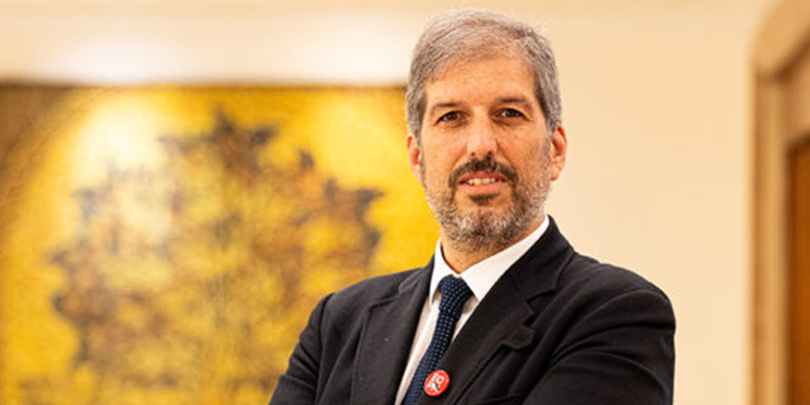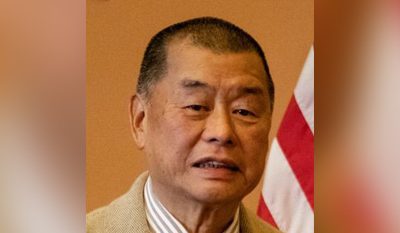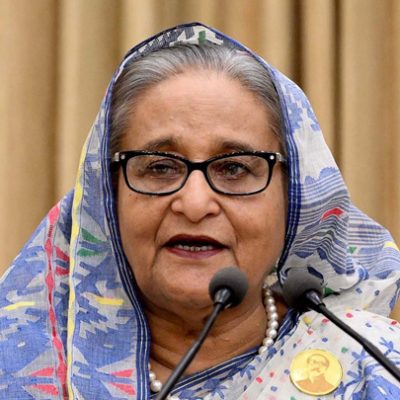
Japan faces steep challenges in abolishing the death penalty despite repeated calls from human rights groups, legal experts and the Catholic Church, as public support for capital punishment remains overwhelmingly high. Source: UCA News.
Activists argue that Japan should end the practice, as there are potential risks of executing innocent people under a justice system cloaked in secrecy.
“The time has come to push for the abolition of the death penalty in East Asia,” said Raphaël Chenuil-Hazan, executive director of Together Against the Death Penalty, a global association advocating universal abolition.
“Abolition worldwide is an irreversible trend. Nowadays, 77 per cent of countries represented at the United Nations have abolished the death penalty in law or in practice. Only 23 per cent retain it, and among these 47 countries, around 20 use the death penalty regularly,” he said.
Mr Hazan listed China, Iran, Saudi Arabia, Iraq, and Yemen as countries with the highest number of executions and noted that the few democratic nations still carrying them out include the United States, India, and Japan. He estimated that about 28,000 people are on death row worldwide.
“One of the most important issues is the lack of transparency in many countries, especially in Asia, including North Korea, China, and Vietnam,” Mr Chenuil-Hazan said.
“The reality is that abolition will happen in Japan and East Asia. The only question is when. Abolition, like the end of slavery and torture, is irreversible. The only question is when Japan and other countries will catch the train of abolition.”
A government survey – the results of which were released in February – found that 83.1 percent of Japanese citizens support the death penalty, up 2.3 percent from the last poll conducted five years ago.
It was the fifth consecutive survey showing support above 80 percent, a figure the government has cited to justify retaining capital punishment.
Japanese law carries the death penalty for 19 crimes, including murder.
FULL STORY
Abolishing death penalty faces sharp challenges in Japan (UCA News)






